Date: 24 January 2007
Recent PPG testing showed use of Sungate windshields, which reflect about 50 percent of the sun's IR energy to help keep vehicles cooler, could reduce air conditioning use up to approximately 20 percent. The windshield reduces transmission of ultraviolet and IR solar energy, which helps reduce interior heat buildup, shorten cool-down time and reduce heat gain while driving.
"The Sungate IR-reflective windshield reduces the initial workload on a vehicle's air conditioning system, which represents the biggest use of power for climate control in a vehicle," said Mukesh Rustagi, global product market manager, PPG automotive OEM glass. "Because the air conditioner doesn't have to work as hard, fuel efficiency increases and emissions are reduced, and consumers experience a cooler vehicle upon entry."
Rustagi said the recent volatility in gasoline prices has made consumers more aware of vehicles' fuel efficiency, as reflected in the sales shift from larger SUVs to smaller, more fuel-efficient vehicles. "A Sungate windshield helps vehicles' fuel efficiency, which is great for the environment, for consumers' pocketbooks and for automakers trying to satisfy consumers' preferences," he said.
Sungate windshield technology will help automakers meet the tougher emissions and fuel economy requirements of the U.S. Environmental Protection Agency's (EPA) revised Supplemental Federal Test Procedure (SFTP) without compromising vehicle affordability, safety or performance, Rustagi said. In addition, using the Sungate windshield will enable automakers to add environmentally friendly technology to better satisfy consumers.
"Consumers are seeking technologies that improve their experience with their vehicles and help them save money and be environmentally responsible," Rustagi said. "In the recent J.D. Power and Associates 2006 U.S. Automotive Emerging Technologies Study, almost three-fourths of consumers were interested in having an advanced solar-reflective windshield on their next new vehicles, and the Sungate windshield from PPG helps automakers fulfill that consumer interest."
Rustagi added that PPG is "taking a leadership position" in helping automakers create more environmentally efficient vehicles with Sungate windshields. "We are continuing to focus on enhancing the Sungate windshield, with an advanced version in development that will further reduce solar gain, increase fuel efficiency and reduce fuel emissions."

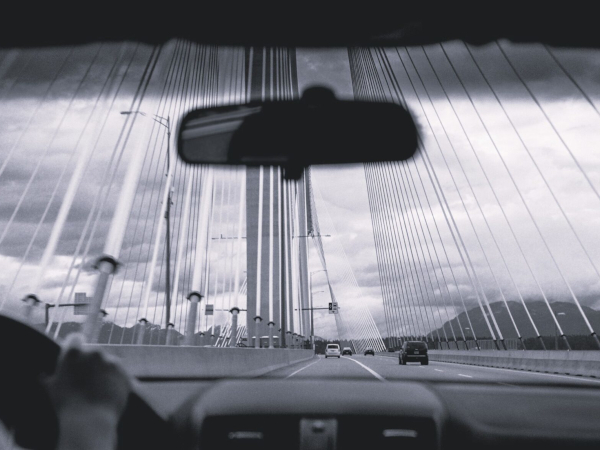
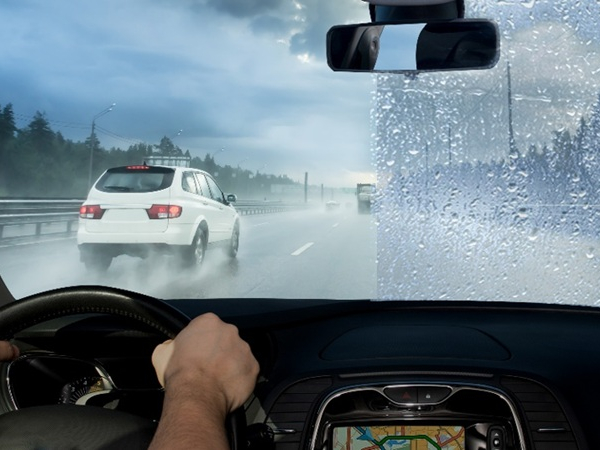
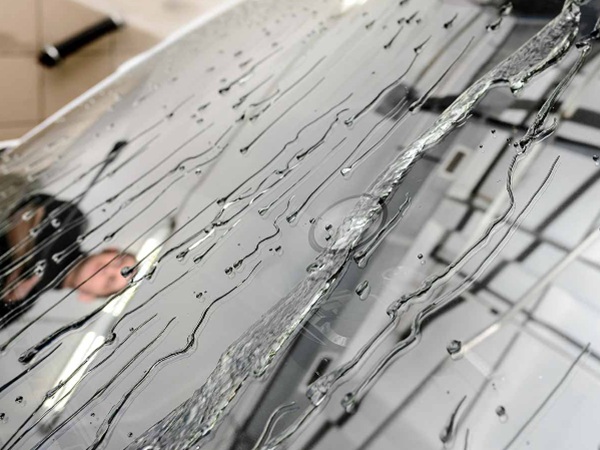
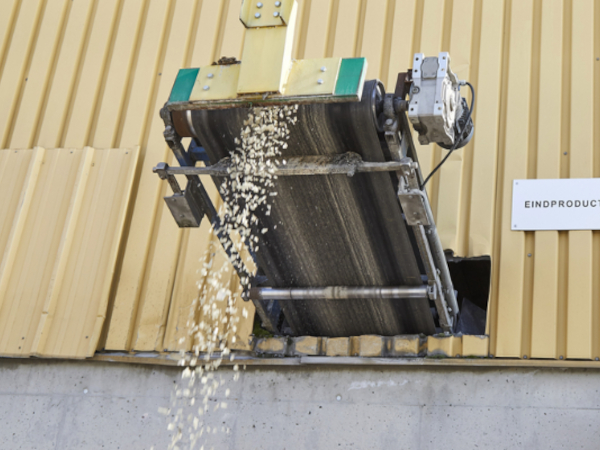








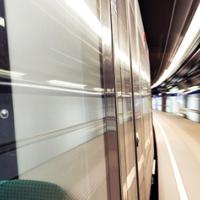
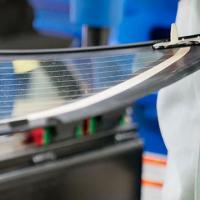
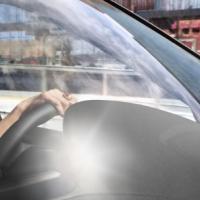
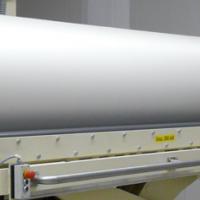
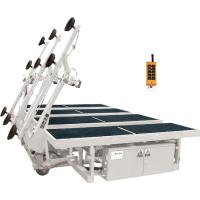
Add new comment